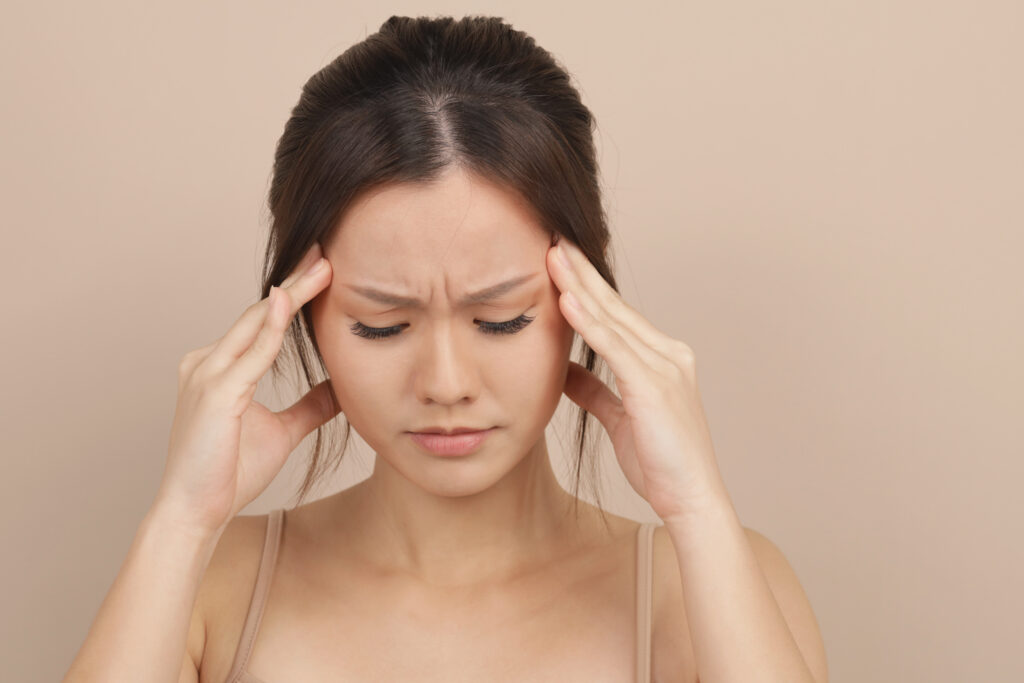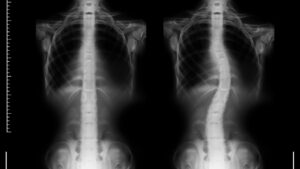Methods to reduce stress/anxiety
1. Meditation
Deep controlled breathing for at least 10 mins a day has positive reactions within our body, such as decreasing pulse rate, blood pressure, metabolism and increasing oxygen levels through the body. In stressful situations, our sympathetic nervous system fires up which signals our body to go into “fight-or-flight” mode. To counter this our body needs to activate the parasympathetic nervous
system by deep breathing, which induces the relaxation response. Focus on your breath, making sure it is slower and deeper.

2. Get Moving
Daily exercise, as simple as walking or 5 minutes of aerobic exercise can produce endorphins in the brain, a chemical that induces euphoria or natural pain relief; This is one of the strongest ways to combat anxiety or stress. 2 Exercising makes you feel energized, elevates your mood, improves self-esteem, improves sleep and in the long run also makes you healthy.

3. Slow down
In this day and age often times we don’t know when to slow down. Work piles up, family commitments pile up and day to day life takes over. Make sure to give yourself enough breaks during work, or rewards yourself with holidays. Take a walk outside, or just get some fresh air.
4. Sleep enough
Most of us don’t get enough sleep within 24 hours. This can lead to poor judgment, poor memory, and a bad mood. Other health problems can also arise with chronic sleep deprivation, such as increased levels of stress/ anxiety, obesity, health issues such as high blood pressure. Sleep is required for various reasons, it helps our brain recharge and our body/ muscles repair. 5 Some tools to implement would be to go to bed early, remove yourself from any distractions that may stimulate your brain, such as using your cell phone, avoid caffeinated and high in sugar beverages or food before going to bed.
5. Reach out
Spending time with friends and family can help one lower the risk of anxiety or get through stressful times. If you are unable to get through the stressful times with friends or family, seek further help. Speaking to a counselor or a counseling psychologist can also help you get through tough times.
6. Be Positive
Practicing positive thinking can lower levels of distress, anxiety, improve cardiovascular health and physical wellbeing. Positive thinking doesn’t happen overnight, it comes identifying what certain key factors, biggest of them being self-talk. Sometimes the self-talk can be a stream of positive thoughts or negative thoughts. Identifying these thoughts and approaching them in a more productive way improves one’s mindset, and the end of the day equates to being more positive.
7. Decrease caffeine/ sugar/ processed foods intake.
Caffeine is usually found in coffee, tea, chocolate and energy drinks. Its known as a stimulant, when consumed in high doses can increase levels of anxiety and stress. 2 Sugar, on the other hand, will cause fluctuations in blood sugar levels and insulin levels, where some people notice a “sugar high” before they crash or draining your energy. The fluctuation can lead to irritability, mood swings, and poor concentration. Processed foods are generally high in sodium. Fluids are retained more when there is an increase in sodium in the body. Retained fluids mean extra work on your heart

8. Practice self-care
Take care of yourself. Spend the day at a spa or get a massage. Or simply rewarding yourself with a day of shopping, watching a movie, or eating at your favorite restaurant.

9. Be responsible
We complain of workload being increased, not having enough time to prepare for a presentation, being stuck in traffic, these are just some examples of what we may face day today. All in all these situations will play a part in increasing our stress or anxiety levels. We need to learn to avoid procrastination which may lead to piling up of work. We need to learn to say no to other co-workers
who may add more onto your work pile, or no to a night out, which may affect work or even sleep. At the end of the day, we need to learn to be responsible.
, which increases your blood pressure, leading to bloating and puffiness. Which can lead to a decrease in energy and an increase in stress levels. Diet plays a crucial part in stress and anxiety levels.
10. Chiropractic care
Tune into your body and get checked for spinal misalignment, muscle tensions or postural alterations. All of which combined, or individually can impact your nervous system in more ways than one, such as slow healing, a weaker immune system or increased levels of stress. Through chiropractic care one can help regulate the levels of stress and prevent any effects it may have long-term
on the body.




